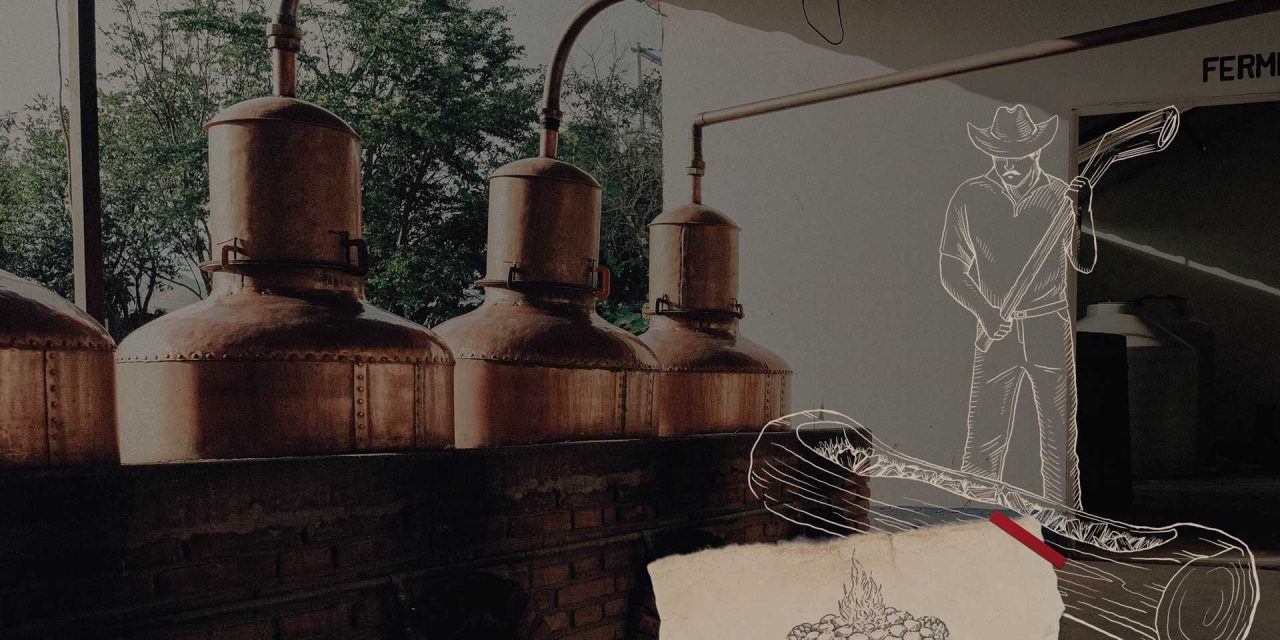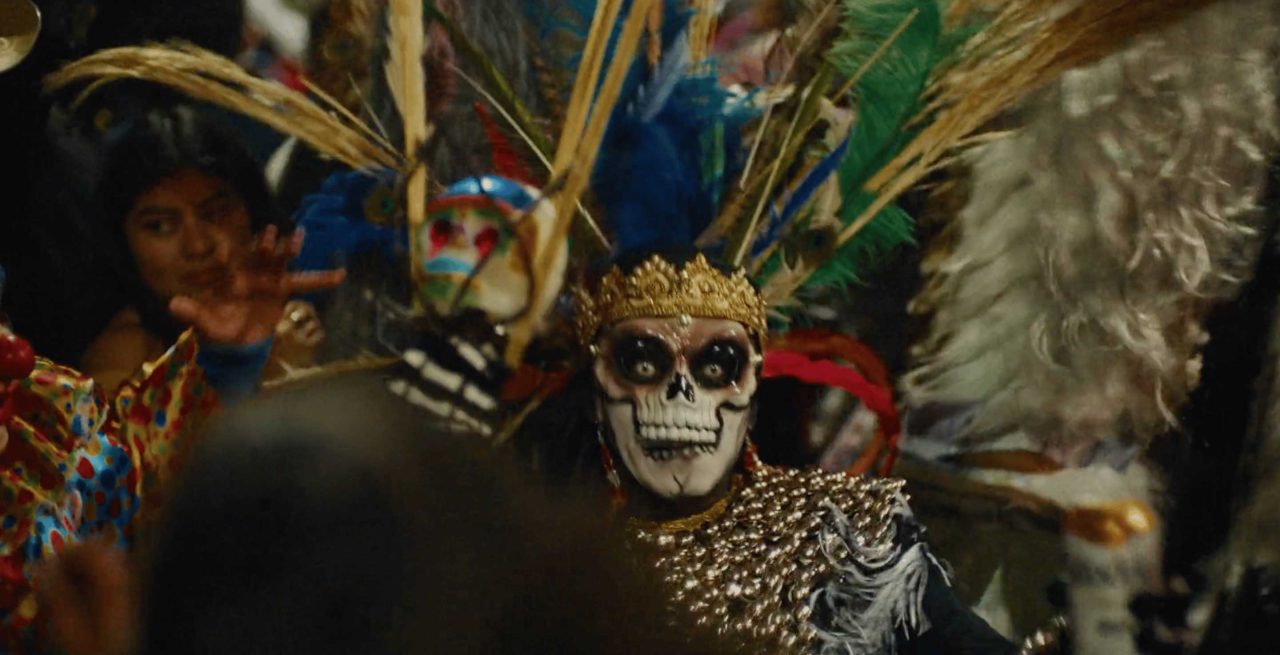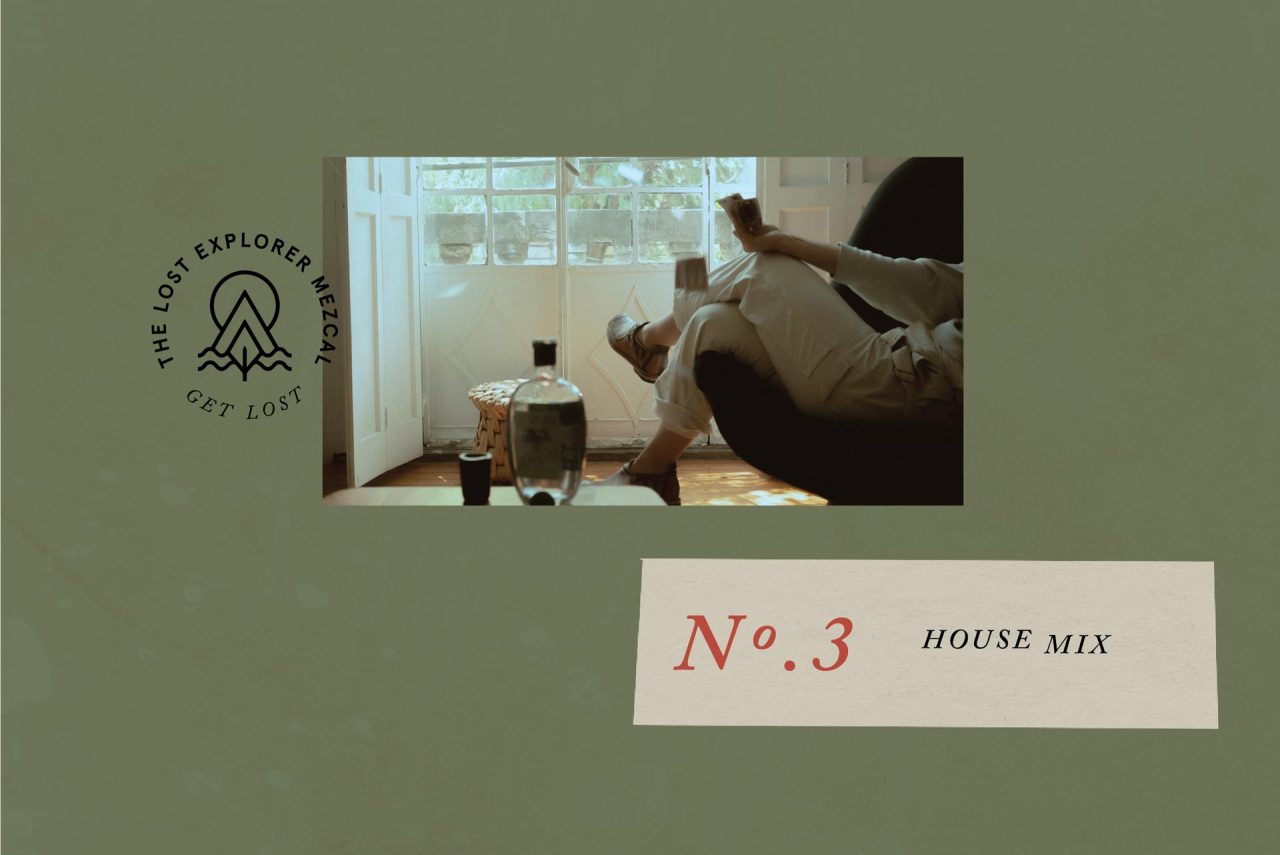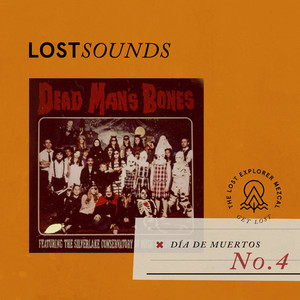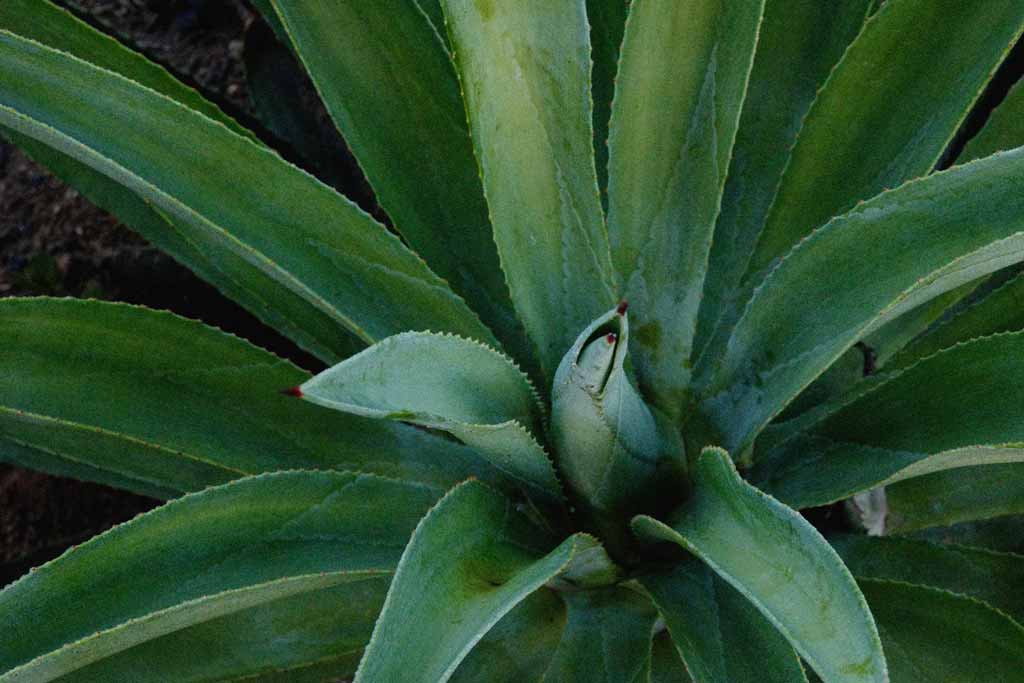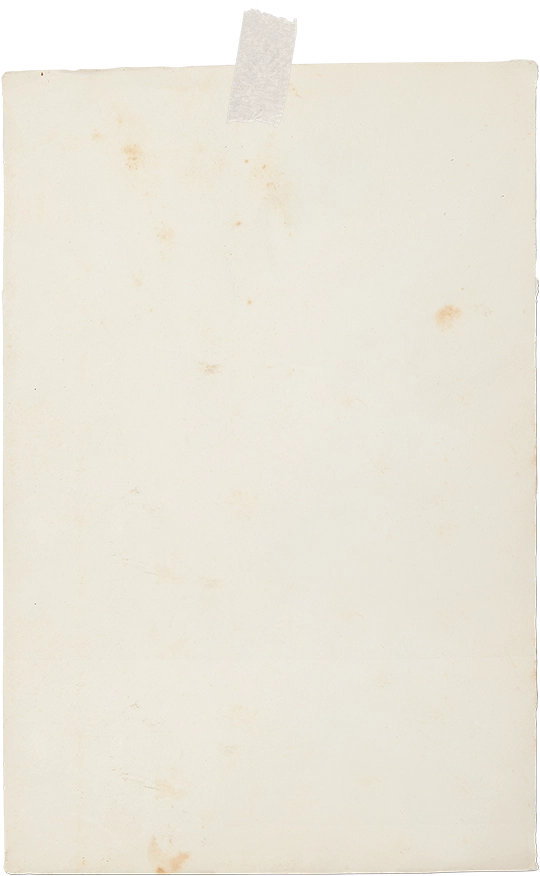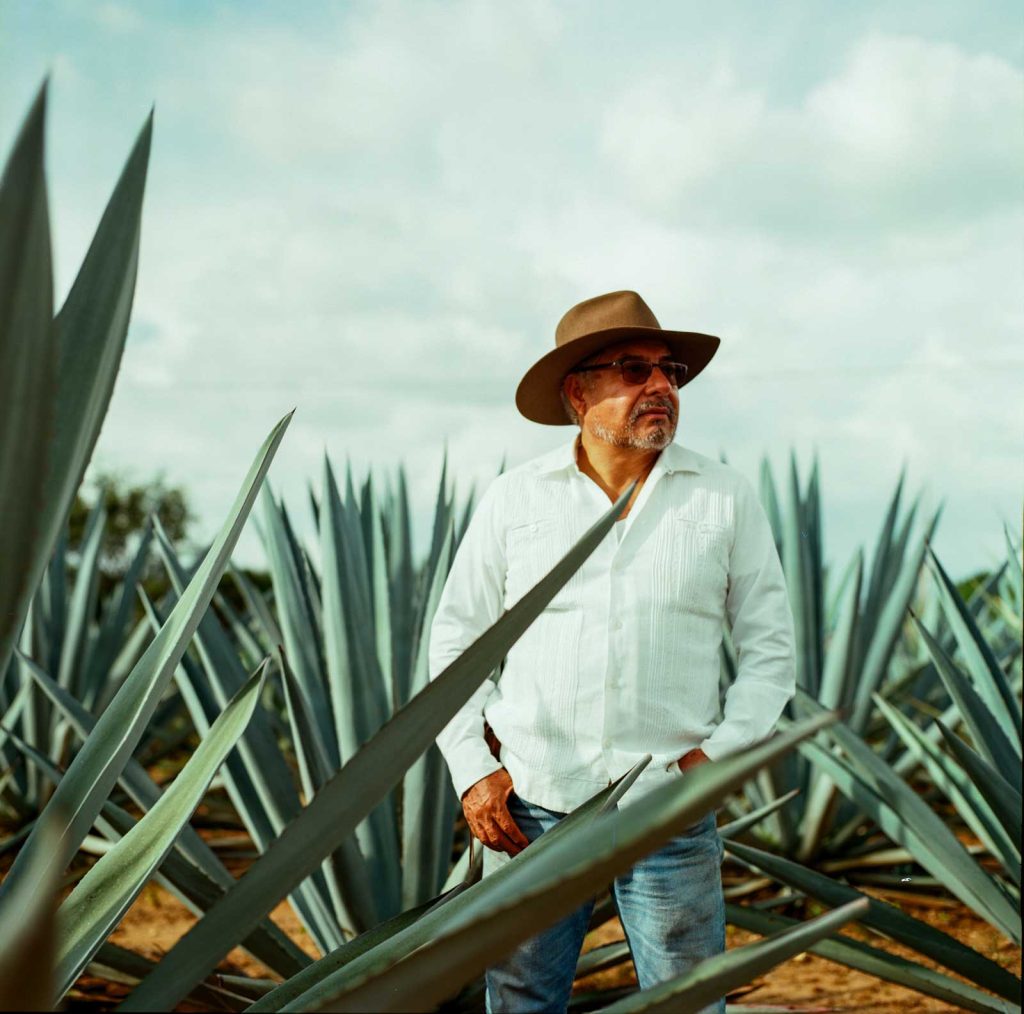
In 1996, Maestro Mezcalero Don Fortino and his family set out to make quality, world class mezcal. They chose to produce mezcal artesanal even before the laws governing its production made the distinction between the three categories that exist today — Mezcal, Artesanal, and Ancestral. Don Fortino’s vision for the way he wanted to make mezcal was clear, a handcrafted approach in symbiosis with the land. This harmony between Nature and artisan is what Don Fortino describes as the “mystical factor of what Nature does in concert with man’s knowledge.”
Let’s dig into the differences between the three mezcal production methods, why The Lost Explorer produces mezcal artesanal, and how the human factor affects the distilled spirit just as much as the terroir.
Getting Grounded in the Three Types of Mezcal Production
Mexico’s intrinsic value shows up in two ways when it comes to mezcal making: terroir and Indigenous generational knowledge. The word Mezcal originates from Nahuatl. Some believe it derives from mexcalli, metl or meztl means maguey (type of agave), and ixcalli, to cook. The translation would then be “cooked maguey,” which gives a perfect idea of its elaboration process.
Development of technology has evolved man’s relationship with making mezcal, but the practical and spiritual knowledge handed down through generations in regions like Oaxaca remains a factor in its quality and character.
On the terroir side, agave plants are endemic to Mexico. The popularity of the distilled spirit has prompted agave to be introduced and cultivated in similar bioregions like California, Australia, South Africa, Peru, Venezuela, India. However, denomination of Origin protects the word “mezcal” and the territory (only 10 states within Mexico are allowed to produce genuine mezcal) — similar to how wine and champagne are protected. Terroir is king.
In the last decade, under the complex regulations that govern mezcal, modifications were made to distinguish between class and category. There are five classes of mezcal and three production categories. We at The Lost Explorer make mezcal Joven (or unaged) within the category of artesanal.
To understand production implications, it’s useful to grasp how mezcal is made. The process must include at least the following four steps: cooking, milling, fermentation, and distillation.
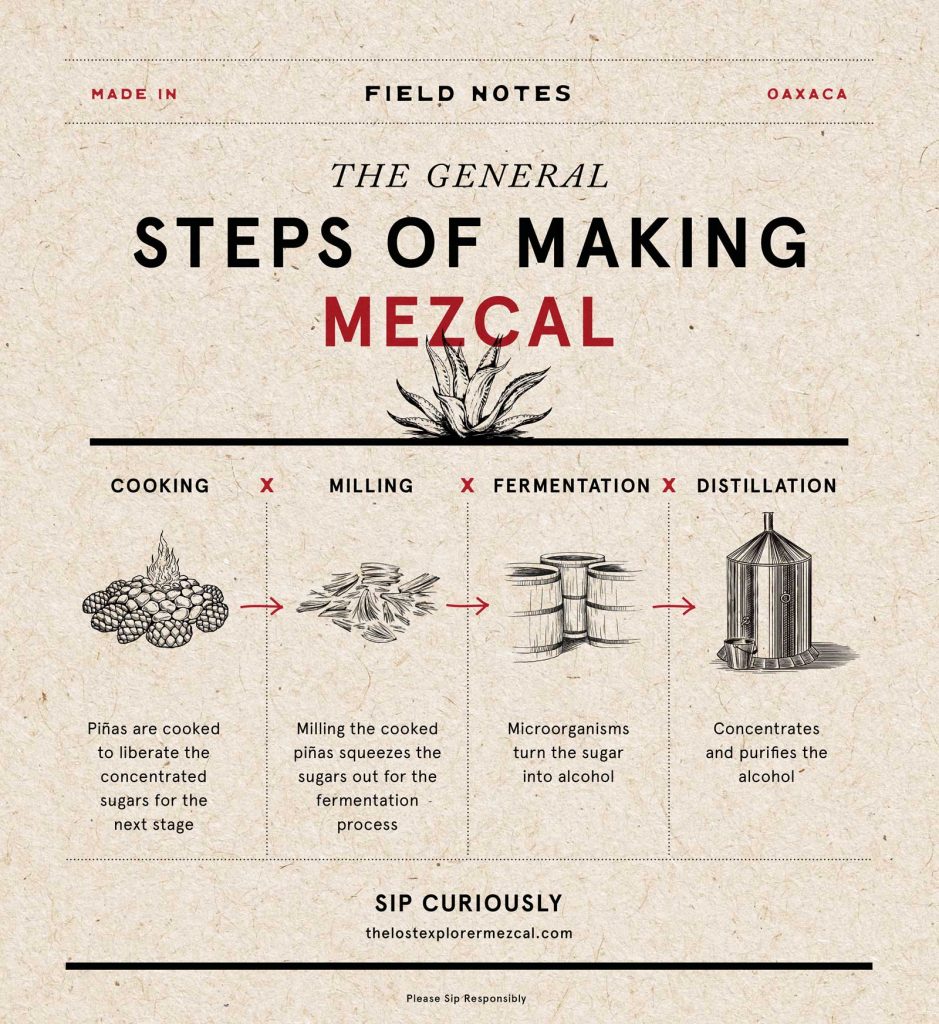
Of all the categories, artesenal honors the handmade while integrating technological advances that ease the heavy workload on workers and animals. This balance is what enamored Don Fortino when he set out on this journey to make world class mezcal over 38 years ago.
Here’s an overview of what distinguishes each of the three mezcal production categories.
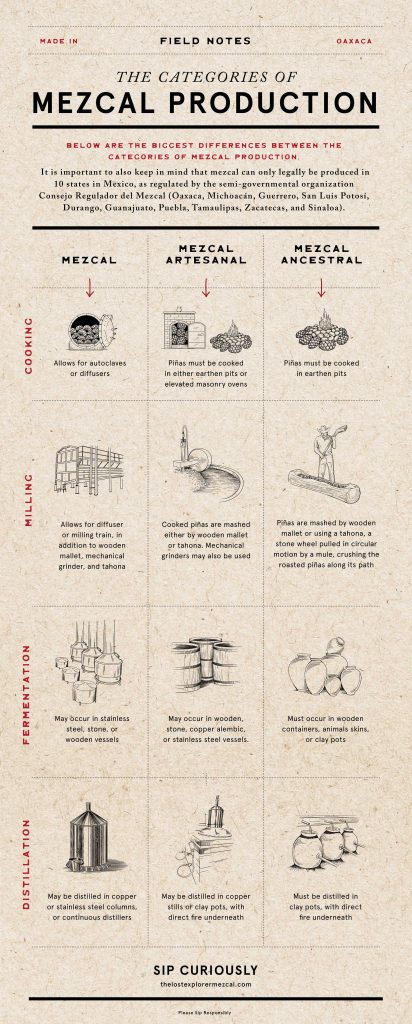
Mezcal artesanal — The Lost Explorer way — In tune with the rhythm of Nature
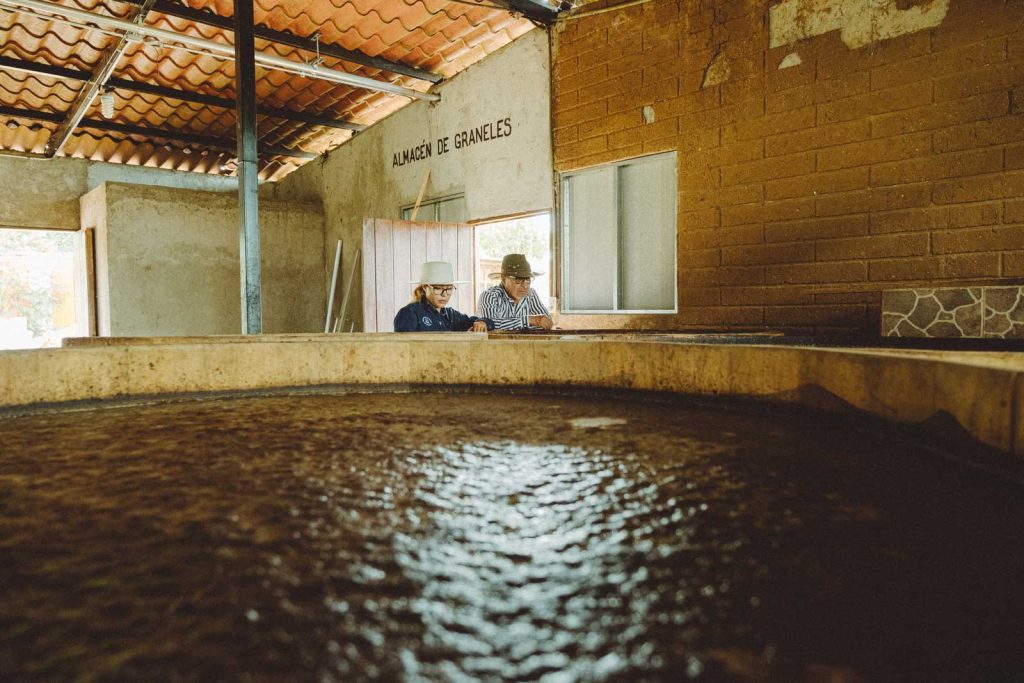
For The Lost Explorer, being in tune with Nature starts by listening to the land. “We follow the phases of the moon to know when to plant or when to harvest,” Don Fortino says, noting that the sugars are concentrated in the body (the piña), when the moon is full, making it the optimal time to harvest. For Don Fortino being in tune with Nature is as important as being in tune with one’s own state of mind. “There is spirituality within the production, within the process. Even our mood affects the process. We should be in a cheerful, happy, optimistic mood because it is a plant and it feels,” he says.
State of mind also manifests in the fermentation phase. This is the moment when living microorganisms called yeast transform sugar into alcohol, perceiving everything in their environment sensitively. The alchemy of making mezcal is marked by these moments of transformation of matter, but also by who is making it, and how long it takes them to make it.
Don Fortino refers to this alchemy as cultural mysticism. It connects him to ancestral knowledge and spiritual way of doing things. It also keeps the human touch as an integral part of the process, where he and his team can witness the changes to the land and respond to them.
Enter the real matter of climate change. Both Don Fortino and his apprentice and daughter, Xitlali, acknowledge the real effects they are seeing in the land. “It’s complicated,” says Xitlali. “Water is scarce. The weather is too varied—for example, right now it is hot when it should be cold, or sometimes it’s colder than ever before.” Mezcaleros and farmers are on the frontlines of feeling the impacts of climate change, especially those who work in symbiosis with the land as Don Fortino and his family do.
Purchasing mezcal artesanal means supporting farmers and tradition. Furthermore, purchasing from a producer committed to high environmental standards means you’re supporting an environmentally and socially conscious operation that uplifts tradition, creativity, and legacy amongst the mezcal-producing communities of Mexico.
